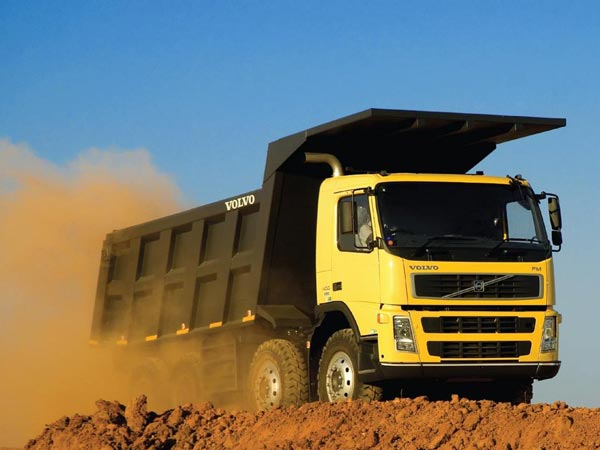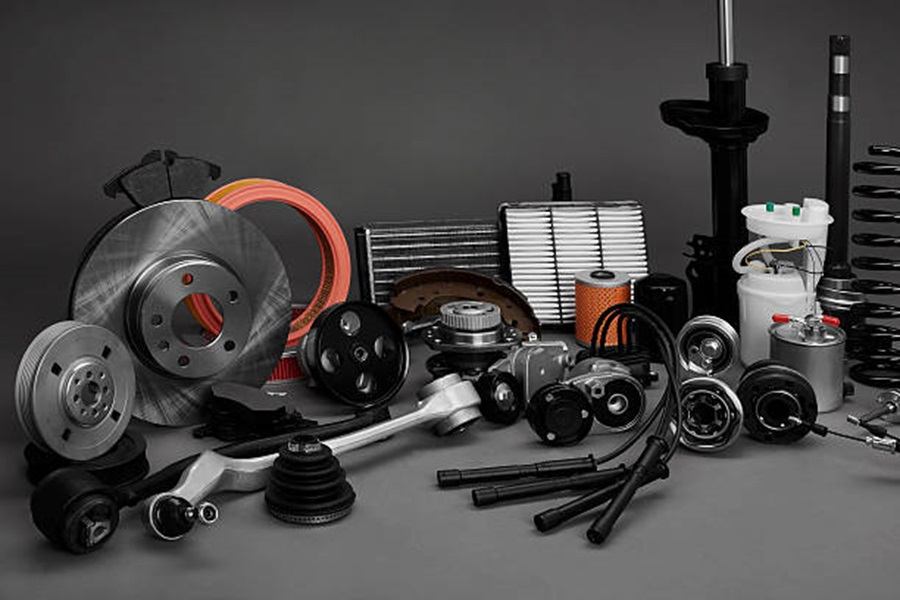The automotive industry is undergoing a significant transformation as electric vehicles (EVs) continue to gain traction. Among the various segments, electric trucks are poised to revolutionize the market, offering a sustainable alternative to traditional internal combustion engine (ICE) trucks. As we look to the future, several trends and developments are set to shape the landscape of electric trucks. This article explores what businesses and consumers can expect in the coming years.

Growing Adoption of Electric Trucks
One of the most noticeable trends is the increasing adoption of electric trucks across various industries. As governments around the world implement stricter emissions regulations and offer incentives for electric vehicles, businesses are more inclined to transition to electric fleets. Electric trucks offer numerous benefits, including lower operating costs, reduced emissions, and compliance with environmental regulations.
Companies such as Amazon and UPS have already begun integrating electric trucks into their delivery fleets, setting a precedent for other businesses to follow. The demand for zero-emission commercial vehicles is expected to surge, with projections indicating that electric trucks could account for a significant portion of the market by the end of the decade.
Advances in Battery Technology
The future of electric trucks is closely tied to advancements in battery technology. Currently, one of the main challenges for electric trucks is the limited range and long charging times. However, ongoing research and development in battery technology promise to address these issues. Solid-state batteries, for instance, are expected to become more prevalent in the coming years, offering higher energy density, faster charging times, and improved safety compared to traditional lithium-ion batteries.
Additionally, the development of ultra-fast charging networks will further enhance the appeal of electric trucks. Companies like Tesla, with their Supercharger network, are leading the way in building infrastructure that can support long-haul electric trucking. As battery technology continues to improve, we can expect electric trucks to achieve ranges comparable to their diesel counterparts, making them a more viable option for a wider range of applications.
Autonomous Electric Trucks
Another exciting development is the integration of autonomous driving technology with electric trucks. Autonomous electric trucks have the potential to revolutionize logistics and transportation, offering increased efficiency, reduced labor costs, and enhanced safety. Companies like Waymo and Tesla are already testing autonomous truck technology, with the goal of achieving fully autonomous operation in the near future.
The combination of electric powertrains and autonomous driving technology is expected to lead to significant changes in the trucking industry. Platooning, where multiple trucks drive closely together to reduce air resistance and improve efficiency, is one such innovation that could become more common with autonomous electric trucks. This approach not only conserves energy but also enhances safety and reduces traffic congestion.
The Role of Hydrogen Fuel Cells
While battery-electric trucks are currently leading the charge, hydrogen fuel cells are emerging as a promising alternative, especially for long-haul applications. Hydrogen fuel cell trucks offer the advantage of faster refueling times and longer ranges compared to battery-electric trucks. Companies like Nikola and Toyota are investing heavily in hydrogen technology, seeing it as a complementary solution to battery-electric vehicles.
In the coming years, we may see a hybrid approach where hydrogen fuel cells and batteries are used together to maximize efficiency and range. This could be particularly beneficial for industries that require heavy-duty trucks capable of long-distance travel with minimal downtime.
Environmental and Economic Impact
The shift to electric trucks is not only a technological advancement but also a crucial step towards reducing the environmental impact of the transportation sector. As more companies adopt electric trucks, we can expect a significant reduction in greenhouse gas emissions, contributing to global efforts to combat climate change.
From an economic perspective, the total cost of ownership for electric trucks is expected to decrease as battery prices fall and economies of scale are achieved. This will make electric trucks more affordable for businesses of all sizes, further accelerating their adoption.










